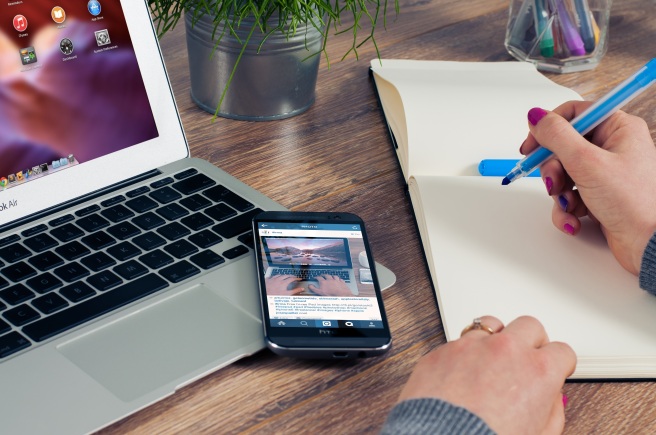Congratulations, you got a job offer! And you really want the job. Now, it’s time to get the best deal for you.
Rule #1: Never, never, never accept the offer the moment you get it. Tell them how excited you are by the opportunity. That’s fine, but you want to think about it for a few days. That’s a perfectly normal and accepted business practice.
Rule #2: Never negotiate until after you’ve received the offer. You’re in a much stronger position. After all, they must really want you, so let’s see how far they’re willing to go to get you.
Rule #3: Do your homework! Just because you’re about to graduate or have graduated doesn’t mean you don’t have homework anymore. You need to have a rough idea if their offer is realistic. You should research the competitive landscape. There are many sources for that, from salary.com to PRWeek Magazine’s annual salary survey. These will give you a general idea of what the median salaries are based on job title, part of the country, etc. The numbers vary, but at least you can see if your offer is low, middle or high for the range.
Rule #4: Ask! Don’t be afraid to ask if there’s flexibility on the salary. The worst they can say is no, right? Remember, you’re negotiating from a position of strength. Besides, they expect you to ask. Maybe they’ll say “yes, what are you looking for?” Here’s where Rule #3 comes in handy. Don’t leave a few thousand dollars on the table just because you’re shy. After all, whose pocket would you rather find the money in, yours or theirs?
Rule #5: You’re not done after the salary number is settled. Be sure to ask about the benefits in detail. Is vision or dental care included? If you’ve ever visited the dentist or needed new glasses or contacts, you know how expensive it can be.
Rule #6: If you’re under 26, you can stay on your parents’ health coverage. That can save the employer money (take your salary and add about a third. That’s the cost of the benefits. The total number is how much it’s costing the employer to hire you.) If you’re willing to save them a third of your salary, perhaps they’re willing to give a percentage back to you. Can’t hurt to ask, right?
Rule #7: Ask for other stuff, too. You’ll need a cell phone for work; ask if your employer provides it. If not, will they pick up your monthly cell phone bill? What about Internet service? In PR, expect to work extra hours, including being online from home. Will they pick up your monthly Internet bill? Both of these can put money back in your pocket.
Rule #8: Vacation time is valuable. The offer comes with two week’s vacation. Now’s the time to ask for a third. Employers are often willing to add this if you ask for it.
Rule #9: Comp time is extra time. Comp (compensation) time is when you work “overtime” outside what are considered normal business hours (say an event on a weekend). Ask the employer if they provide comp time. This means you can take a day off sometime later to make up for the time you had to work the event. And comp time doesn’t count against your officially allotted vacation time.
Rule #10: Stock. If the employer is a public company, e.g., the public can buy stock shares, ask if there are stock options in the offer package. It serves as a great motivator to do a good job (the better the company does, the more your stock is worth), and it’s a great way to start saving for the future early.
You may not get everything you ask for, but there’s only one way to find out. So good luck and go get the best deal for you you can!
By: Gregg Feistman

 Congratulations! At this point in the application process you may have landed an interview for your dream job or internship. Interviewing is a huge topic that we could cover for a month in itself. So in this pot, we’ll cover just a few of the most important elements of interviewing; what to wear, what to bring, and what to say.
Congratulations! At this point in the application process you may have landed an interview for your dream job or internship. Interviewing is a huge topic that we could cover for a month in itself. So in this pot, we’ll cover just a few of the most important elements of interviewing; what to wear, what to bring, and what to say.